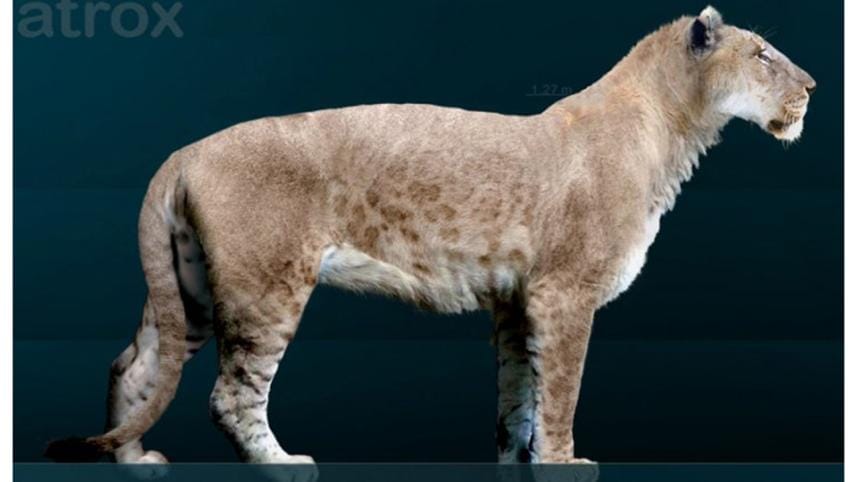Scientists try to clone 12,000-year old cave lion DNA

Revolutionary new DNA techniques are making scientists hopeful in bringing back to life, a species of Ice Age cave lions that roamed the Earth 12,000 years ago.
Remains of two lion cubs, Uyan and Dina were found frozen and practically intact in the remote Sakha Republic in Russia's north-west in August 2015.
The pair is considered the best remaining examples of the big cat species. They are so well preserved because of their submersion in permafrost, reports ibtimes.co.uk.
According to the news portal, now researchers hope to find living tissues inside the remains, which will hopefully contain DNA allowing them to recreate the lions – last seen in Pleistocene times.
The project is a collaboration between South Korean and Russian scientists at the Joint Foundation of Molecular Palaeontology, at North East Russia University in the city of Yakutsk, reports ibtimes.co.uk.
Described by the scientists are a 'sensational find', the near-perfect preservation of the unfortunate lion cubs could lead to the controversial possibility of bringing an extinct species back from the dead, reports Yahoo News.
Researchers are planning to return to the cave where the cubs were found to look for other big cats that may have also been preserved.
 For all latest news, follow The Daily Star's Google News channel.
For all latest news, follow The Daily Star's Google News channel.
Comments